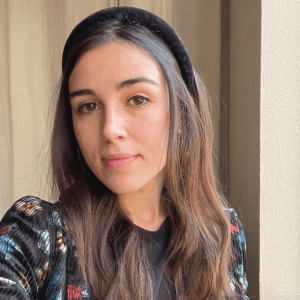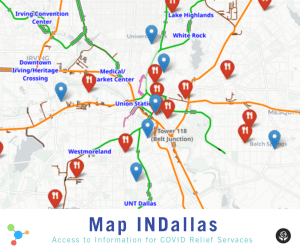Kathy Hubbard is the Assistant Dean of Diversity, Equity, and Inclusion at Southern Methodist University’s (SMU) Lyle School of Engineering. Kathy leads the school’s effort to develop the 21st Century Engineer, this engineer is representative of global diversity. She leads the school’s effort to increase the number of students representing traditionally minoritized groups pursuing engineering and computer science degrees. These efforts include recruiting and retention strategies of under-represented students and improving diversity within the school’s faculty ranks. She is also responsible for internal equitable and inclusive policies and practices.
Kathy sits on several university-wide committees, and she is the Advisor for the Lyle school’s National Society of Black of Engineers, Society of Hispanic Engineers, and the Society of Women Engineers student organizations. She is a certified executive coach and has worked with executives and managers from DART, Texas Instruments, and other organizations. Kathy has also worked with the Center for Creative Leadership to develop youth and early career leadership development programs.
When asked about her motivation for doing impact work she answered, “I believe we are all here to leave the spaces and places that we are privileged to occupy better than we found them. If I do that, then I have made an impact.”
Kathy is passionate about closing the education achievement gap. In addition to her duties at SMU, she is an Alumni Fellow with LeadershipISD, an education equity advocacy group. She also serves on the Building Solutions Advisory Board supporting initiatives in DFW school districts and the Maclin Family Foundation Boards that provided access for Black and Hispanic students to institutions like the McCombs School of Business at the University of Texas at Austin. Kathy is the Immediate Past Chairman of the Board of Trustees for St. Philip’s School & Community Center in South Dallas. In this role, she leads strategic initiatives and helps build the organization’s endowment and annual fund.
She holds a Bachelor of Arts in Psychology from the University of Texas at Arlington and a Masters in Education Leadership & Policy from the Simmons School of Education at SMU. Kathy is married to Michael Hubbard and is mother of two wonderful sons, Michael and Elijah.
To read more about the Hunt Institute’s work to develop future-focused solutions to some of the world’s biggest problems, please click here. For the latest news on the Hunt Institute, follow our social media accounts on LinkedIn. We invite you to listen to our Podcast called Sages & Seekers. If you are considering engaging with the Institute, you can donate, or sign-up for our newsletter by emailing huntinstitute@smu.edu

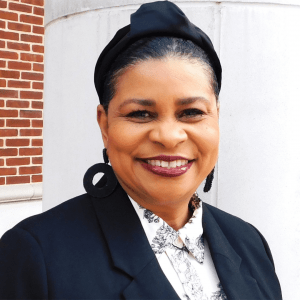



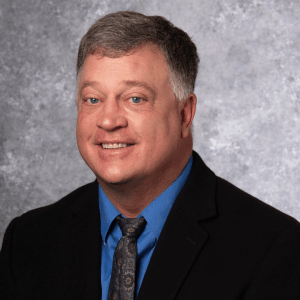
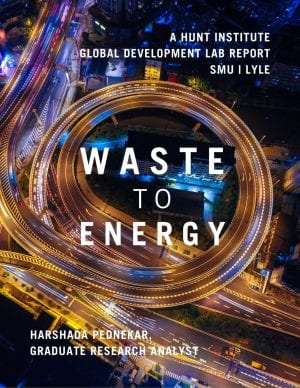


 In this episode of the
In this episode of the 